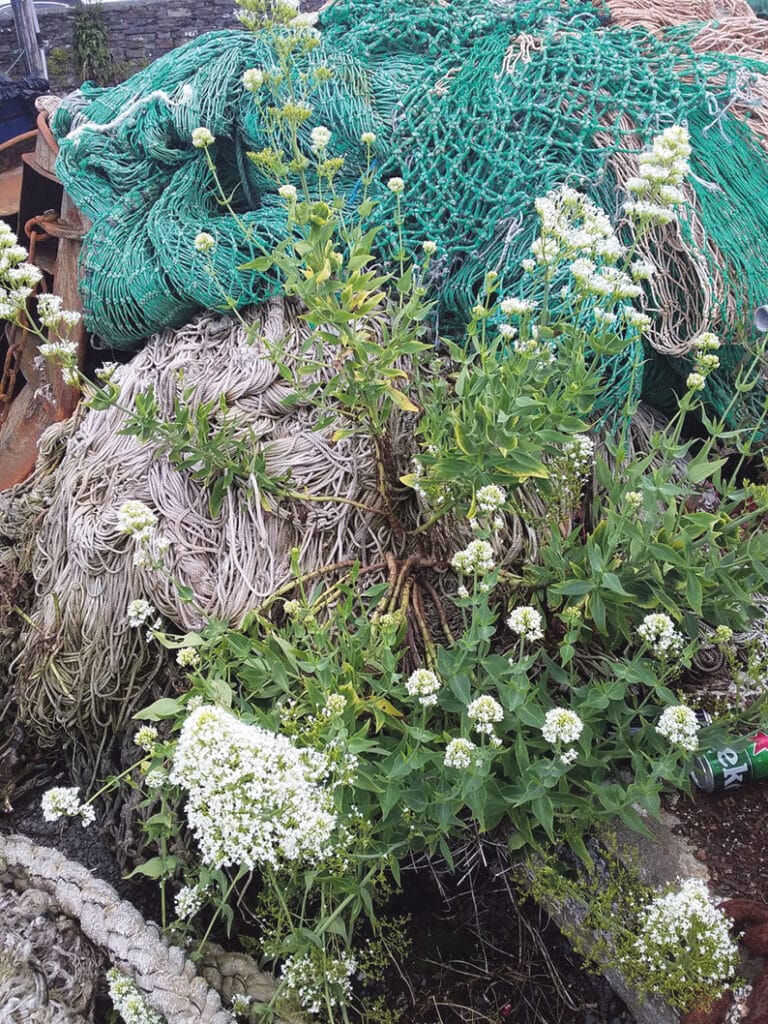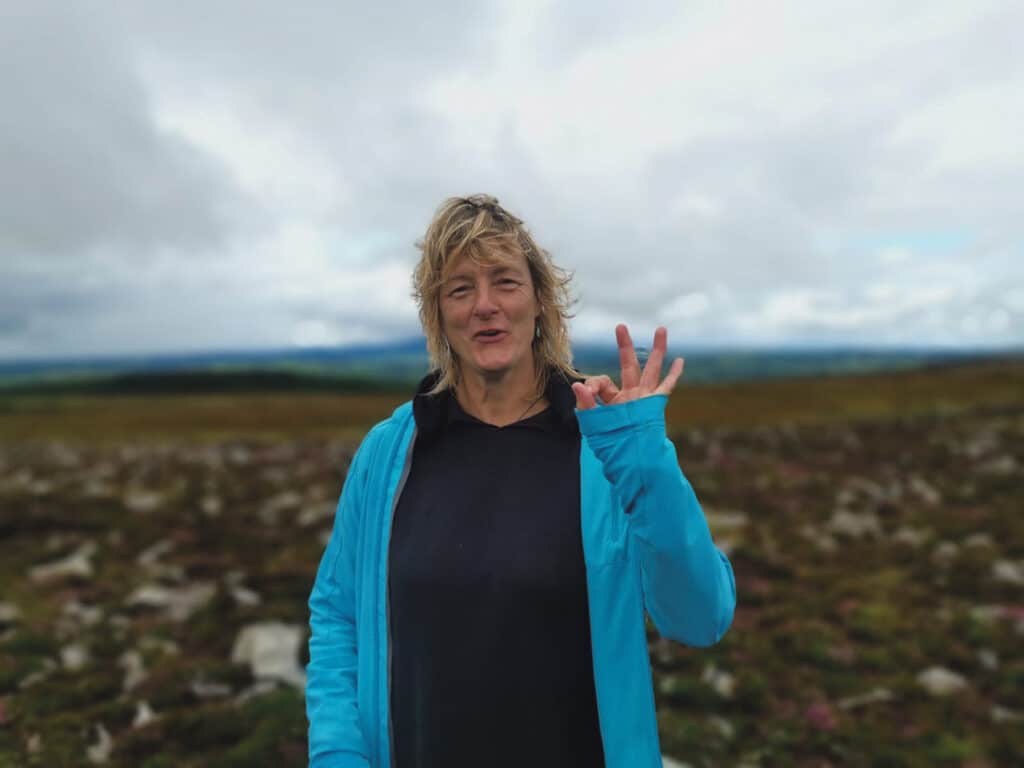Moze Jacobs and Alice Glendinning remind us this month that Doughnut Economics is a work-in-progress. Conceived as the brainchild of UK economist Kate Raworth, it is very much at an experimental stage. It is working to find an economic way forward that helps communities thrive, minimises waste, and goes some way towards reversing the horrific rate of biodiversity loss, species extinction everywhere and fight hunger and inequality.
To achieve at least some of this, likeminded individuals and businesses in local communities (who are willing and able to work on change) will need to “stick their heads and hearts together” in order to find local solutions for international problems. On an unprecedented scale. At a time that is both very challenging and very suited to such an effort, as people are now connecting online like never before.
DEAL, the virtual Doughnut Economics Action Lab set up by Rawlings last year, aims to ‘turn Doughnut Economics from a radical idea into transformative action’. It is now heading for 5,000 members around the world (Durban to Tamil Nadu, Lima to Liverpool), including almost 300 people from Ireland. A community platform, it is ‘a place for pioneering change-makers to connect, share, inspire and get inspired’.

Of course there is a wide gap between ideals and practice. As everyone knows who tries to radically change their personal lives. We may have a deep and sincere wish not to ‘harm (life on) the planet’ but we’re all consumers who need to eat, stay warm and dry, wear clothes. And unless we’re self-sufficient in all those ways, compromise is inevitable. One of things that make it harder to take informed decisions about our daily lives is a lack of knowledge about the products that are available through the ‘regular’ channels.
This is not just an Irish issue. Product labelling is subject to EU-wide regulations. It is mandatory for manufacturers to provide nutritional facts, for example about ingredients (including palm oil and palm fat), allergens, energy values, fat and salt content. No labels can be read while shopping online, which seems at odds with this legislation.
At the same time, information on pesticides that may have been sprayed on the food that we intend to eat is totally lacking. Which seems absurd. “Pesticides are chemicals used in agriculture,” writes the World Health Organisation, which “may induce adverse health effects including cancer, effects on reproduction, immune or nervous systems”, in humans, depending on the dose. Even harder to discover is how our individual shopping actions affect biodiversity, nationally or abroad.
An excellent source of information in this respect is the ongoing podcast series by Pádraic Fogarty of the Irish Wildlife Trust (iwt.ie). It provides essential and very accessible information about ecosystems, wrens, forests, and the conundrum of how we barely even notice the unfolding climate change and biodiversity crisis. He explains it as follows. “Ecological collapse has directly affected many Irish communities and yet it may feel to many people that this has not affected our way of life. Indeed, Irish people today enjoy a high standard of living in comparison to practically everywhere else – how can this be when the biodiversity we’re told is vital to our survival has been left in ruin?
The answer lies in our consumption patterns. Everything we eat, from a bar of chocolate to a take-away curry, contains ingredients from the four corners of the Earth and even many of the products we thought we could safely assume are Irish are nothing of the sort.
The West Cork Doughnut Economy Network is working toward a (private) meeting/conversation in March for businesses that are active in the food sector (or want to be) in West Cork such as growers, producers, distributors, shops with an interest in sustainability, the idea of staying within the planetary boundaries, and engaging with the local community. If you’d like to join us or have any queries, please mailwestcorkdoughnuteconomynetwork@gmail.com. More info: www.doughnuteconomics.org.


